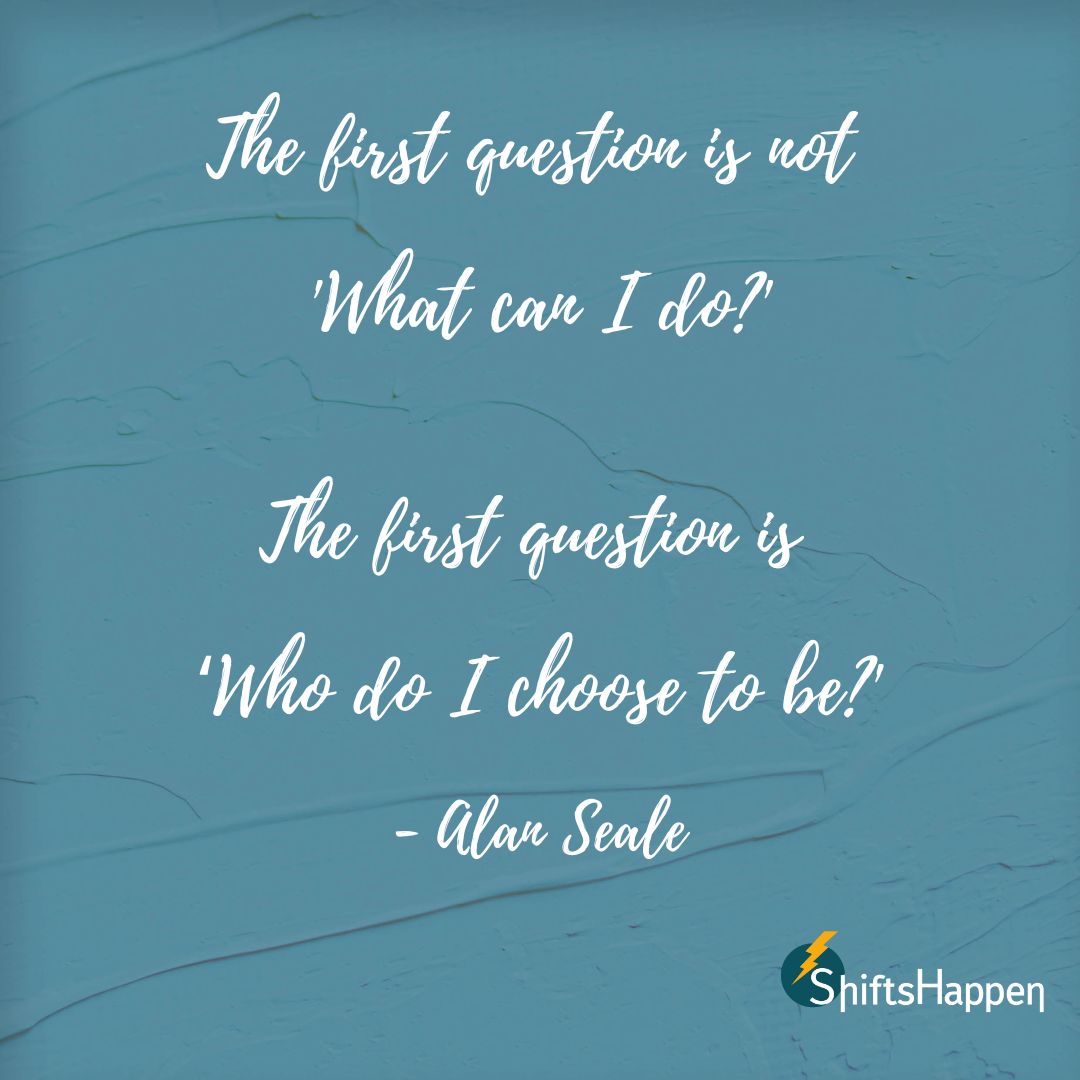The first question

"I just have a small question," begins Marieke*, a participant in the Dutch Transformational Presence Leadership in Coaching training program, during the monthly Q&A session a while ago. She continues: "I have a coachee who approaches everything from his head, very cognitively. I'm not very successful in getting him to 'drop' into his consciousness, what can I do?"
At the start of a Transformational Presence coaching session, you typically guide your coachee to become more mindful through a short (or somewhat longer) meditative exercise. This allows the coachee to calm down and distance themselves from the hustle and bustle of everyday life. They become more receptive. This makes it possible to intuitively explore in an open manner (through various exercises) and gather information, gain insights, and take concrete steps forward.
Marieke's question comes up more often. Not every coachee is used to this, and sometimes there is some resistance to seeking that calm within oneself. It may also be that the ability to consciously connect with one's own body and what the senses perceive has not been utilized for a long time.
Instead of addressing her question "what can I do," I ask her what the essence is of how she shows up to the conversation, so we first focus on the 'being,' her 'presence.' There is a moment of silence, then a smile appears on her face: "I am focused on performing, I want it to succeed. I also feel a lot of impatience." She recognizes the two themes, performance and impatience, all too well.
I ask her: "What do you notice is the effect on your coachee of your way of being present?"
She becomes aware that the coachee consciously or unconsciously feels that something 'must' happen, that he must show something and also 'quickly.' This puts him under pressure or blocks him and causes him to go to the place from which he is used to solving everything, his head.
"But in other situations, more privately, I am very patient," Marieke notes.
The quality of being patient is already fully present; it is just a matter of freeing it in the coach role. Marieke intends to step into the next coaching session even more consciously, creating a space from an attitude where nothing is required, from which she can be curious about what wants to happen.
Thus, a seemingly 'small' question leads to an important insight! To what extent do you recognize your performance mode and perhaps the possible accompanying impatience?
Check in with yourself this week in the moment you notice you are in ‘achievement-mode’ and pause to consider the following questions:
· What is the effect of my desire to achieve something on myself and others around me?
· What happens if I handle my attachment to a specific outcome more loosely and explore freely and openly, with curiosity about what wants to happen?
And then see what shifts within yourself, the energy, and those around you. Perhaps the result will take care of itself!
I wish you beautiful discoveries this week!

